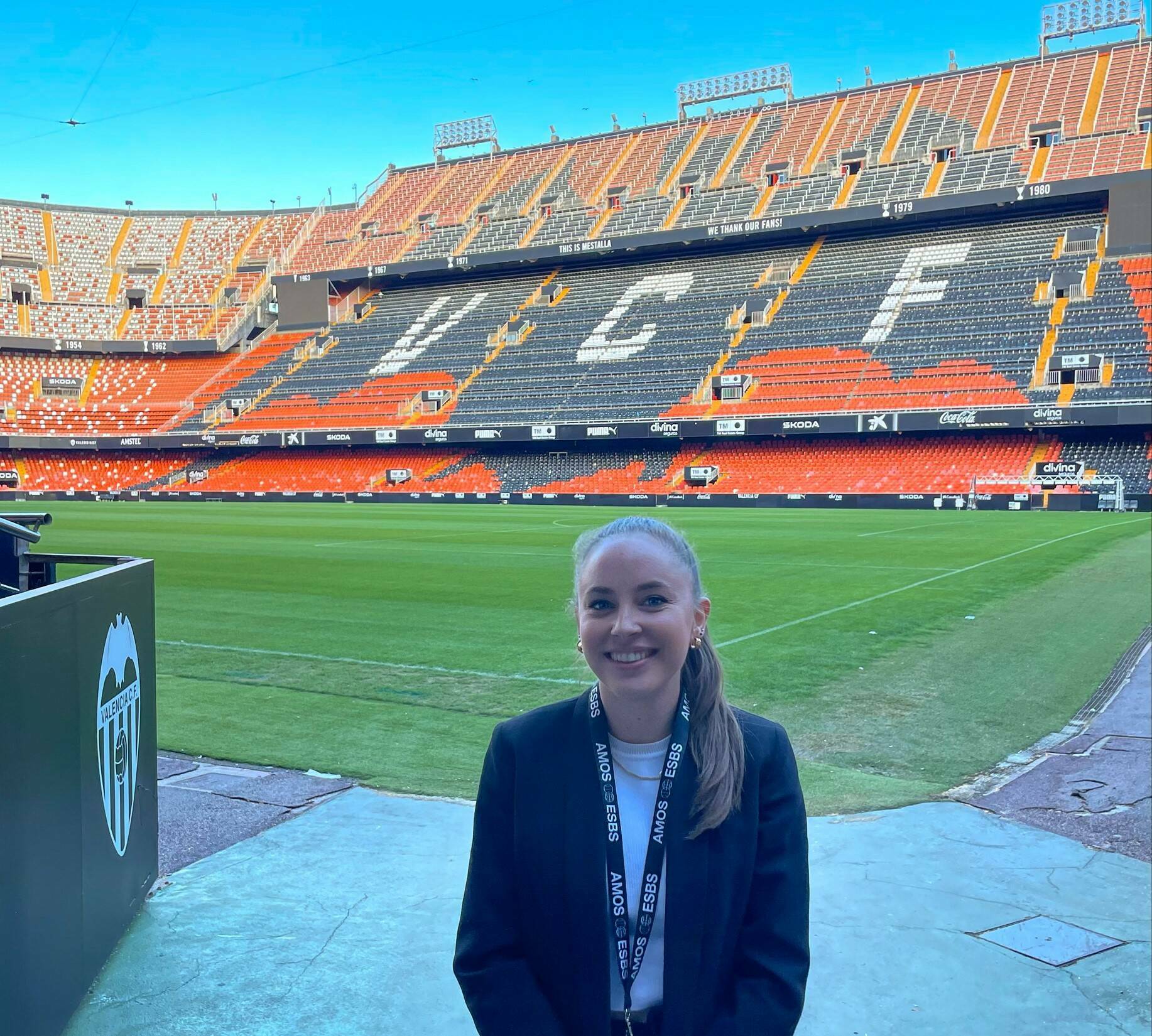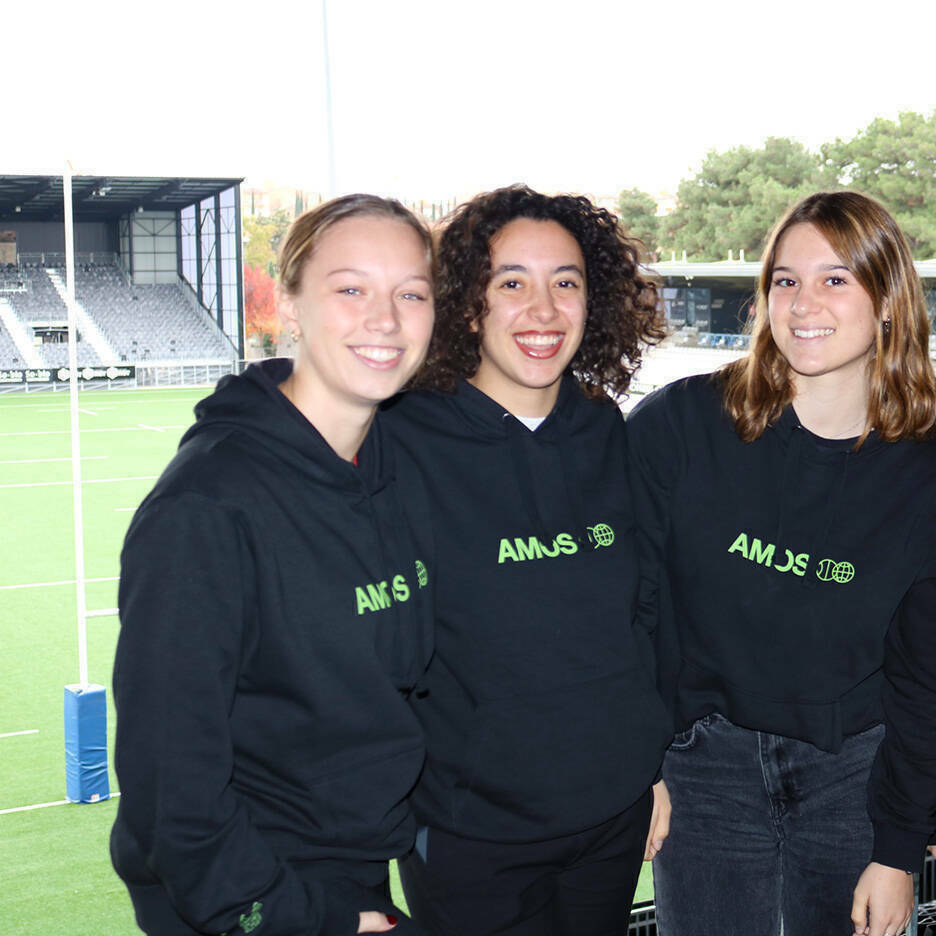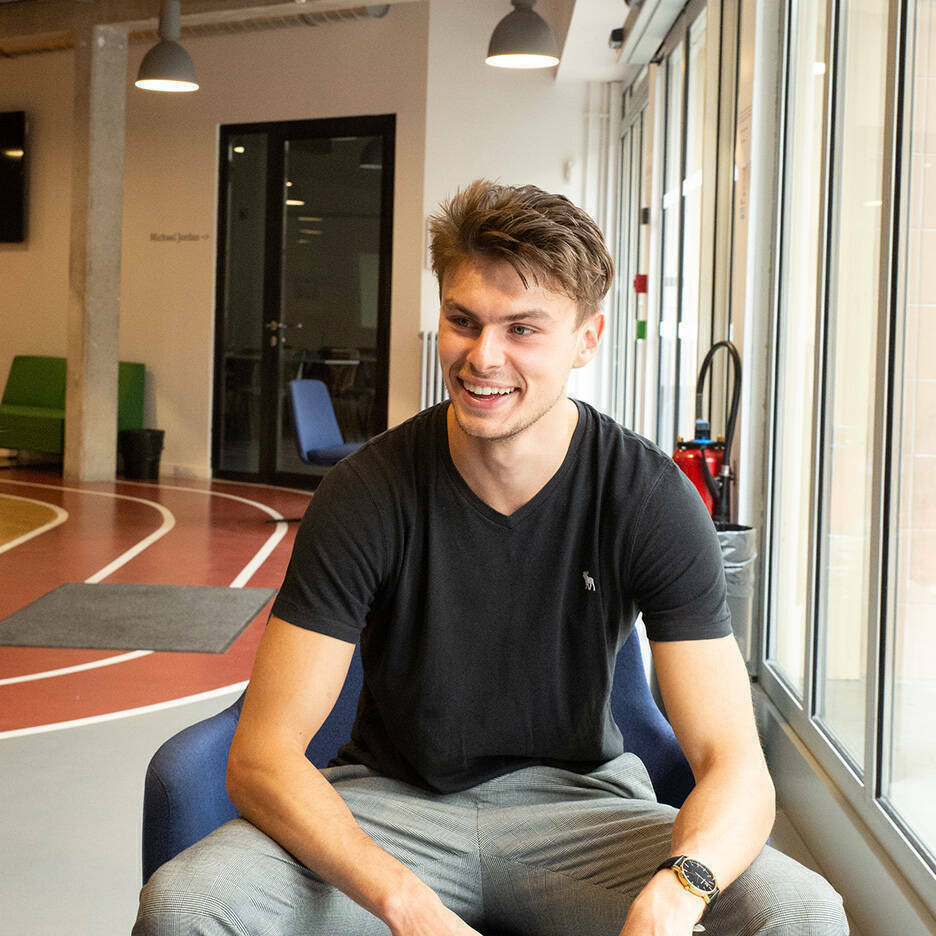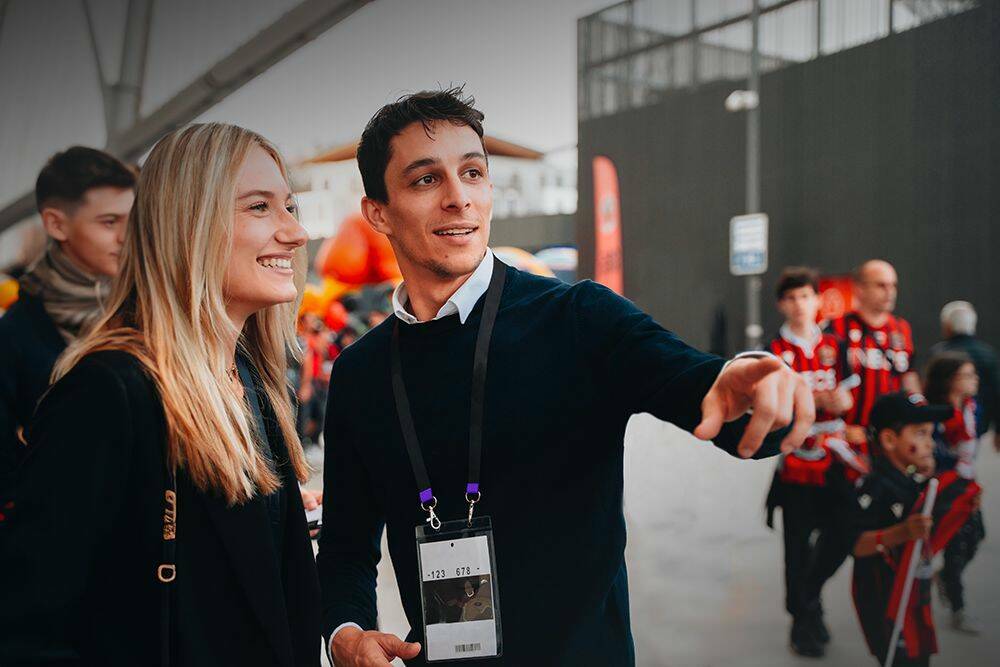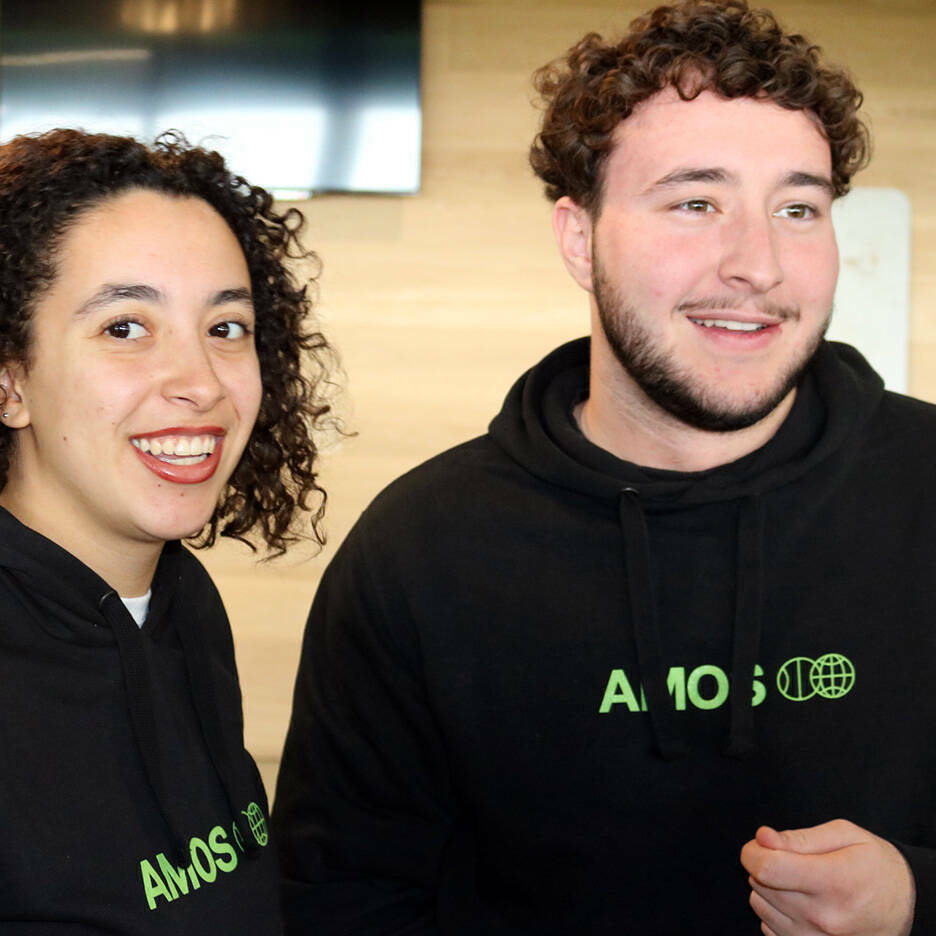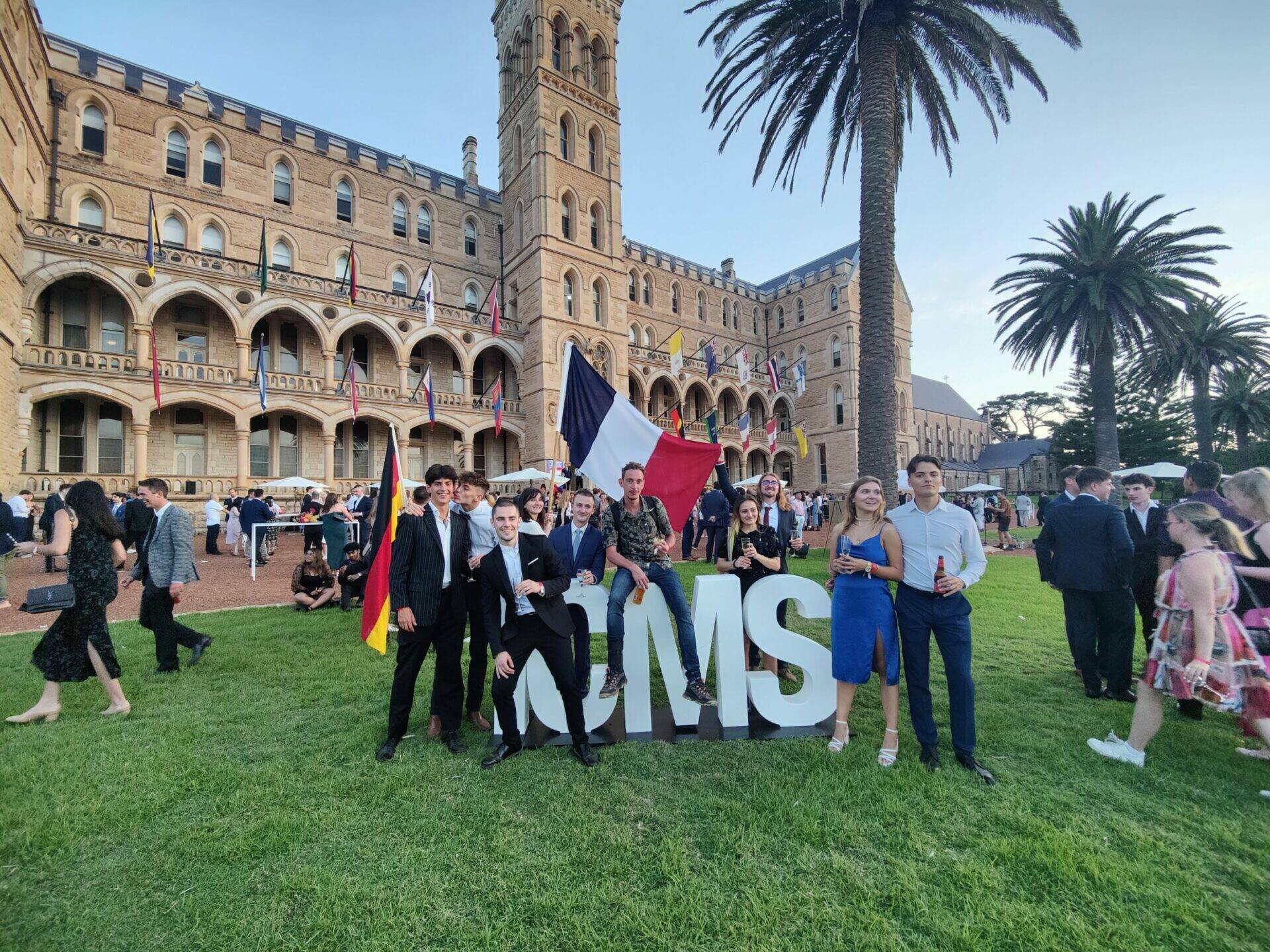Interview Bastien Hibon, Expert Insights: Focus Branding
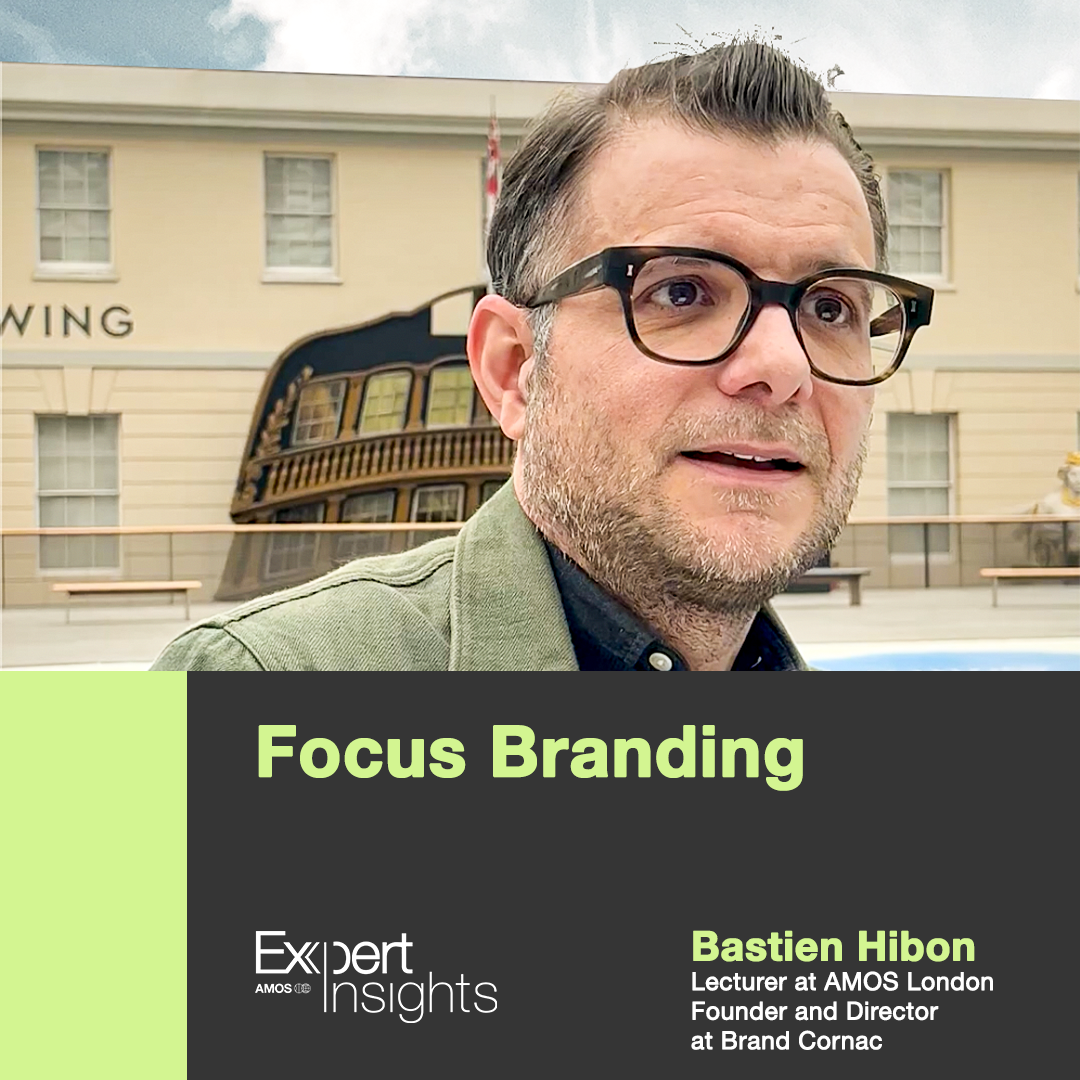
“On your way from home to here, you will have seen 10 Mercedes buses and probably 20 battered white vans full of tools. Yet if I ask you, can you draw a Mercedes-Benz, you will draw a black, S-class luxury car. Why? Because the core of what Mercedes has always been doing for over 100 years is the leadership around fascination, perfection, and responsibility”.
These are the words of Bastien Hibon (BH), part-time lecturer at AMOS London and the founder and director of Brand Cornac, a successful branding agency.
Today we had the chance to interview the former Marketing Director of Mercedes Benz Formula 1 team, Brawn GP Formula 1 team, and Iron Man to grasp some of his knowledge on the subject.
What is branding?
“Companies are sitting on a 3-legged stool. The first leg is the product/service, which is what you sell, and companies spend a lot of time on that because they feel that if they get it right it is going to work. The second leg of the stool is crucial, it is the people.
And then you have the third leg of the stool, which is my work: something absolutely critical, the Brand. By brand I do not only mean the way it looks or feels but instead, what we stand for. If you look at what a brand means, it is creating a spine through your business. It gives you a reason for being. It gives people a reason to care about you. Thus, people are not only buying your product because it is good, but because they want to care about you, and interact with you. If you think about it, a brand is like a person.”
Finding yourself not an audience
In marketing, professionals have regularly been told to look for new audiences as a way to develop the business and therefore increase the revenue. Nevertheless, for our expert, a brand should, first, focus on itself. “If you change to find an audience, the day this audience changes you won’t know who you are anymore.”
“I spend a lot of time telling my students: “At first, don’t worry about your audiences, worry about finding who you are”. Indeed, when most marketers are adopting the “Out-to-In” approach, which consists of focusing on the advantages of a product or service to sell, the branding experts use the “In-to-Out” approach, find what your brand stands for, and it will help you find people who care about it.
A clear example of that would be the way Steve Jobs used to pitch: “he didn’t try to sell you just a phone, his product, he was thinking about his brand which allowed you to care” (BH). “We think differently, we are using technology to make people’s lives easier. That is what we do. By the way, we make phones!” Steve Jobs.
Not what we do but why we do?
One person came to Bastien’s mind when asked about the people who may have inspired him: Simon Sinek, the founder of the Optimism Company. Simon said “successful companies, organizations, regardless of their size, regardless of the number of people that work for them, regardless of how old they are, the successful structures always have a clear understanding of why they do things. Not what they do but why they do. That gives you that spine, that reason for people to care about you.”
A great example to explain the importance of the “why” is Patagonia. This company doesn’t focus its marketing on its clothes. “Patagonia is in the business of saving our own planet. That’s why we care about it. That’s why people pay more to buy Patagonia rather than buying from its competitors. They have been beyond successful for 40/50 years. They never stopped thinking about this and that’s how a successful brand keeps being successful.”
Indeed, the strength of Patagonia, Apple, Nike, Mercedes and so many other brands is the fact that they not only do marketing about their products, but they do marketing about their brand. “Just do it, is one of the most powerful pieces of brand communication ever. Because they managed to find something that we can all relate to. We all have a part of us who just want to do things.”
Successful and Unsuccessful brands:
“My approach is, whether your brand is successful or not, to some extent, you approach it the same way, it is the same questions that you need to answer. Successful brands are honest about what they offer, you can’t lie to audiences. The relationship between the product and the brand has to be true. Brands who are not successful are either overcomplicating their message or lying about their missions and aspirations. Therefore, they are not articulating their brand in a way that allow people to care.”
One example came to Bastien’s mind when reflecting on the power of successful brands: “I started my first class of the year by showing 3 logos to my students: Ferrari Formula One team, Dallas Cowboys and Manchester United. Then, I asked them what they were, and they told me what these brands represented to them.”
“Fundamentally, these brands are the biggest in their respective sport (or at least always in the top 3). They have the biggest revenues, the biggest sponsors, and the largest number of fans around the world and yet, none of these brands have reached the top in their respective fields in a long time. In sports these brands are selling victories, and yet, they haven’t won in years.”
“This goes on to prove that the business success that these brands encounter is due in a major part to the power of the brand. The identity being so big, their commercial development keeps thriving even without major sporting accomplishments.”
To conclude, powerful brands are selling more than their products, they are selling their vision and beliefs, which creates long-lasting relationships with their customers.
We would like to thank Bastien Hibon for his precious time and knowledge.
Written by Guillaume Faure
Communications and Events Officer, AMOS London
Les autres articles
Retrouvez les autres Actualités Sport Business des campus AMOS
Découvrez nos formations
Un diplôme de niveau bac+5 est courant pour ce type de métier. Un bachelor associé à un master ou un Programme en 5 ans permet de développer des compétences diverses. En effet, en plus d’élargir ses connaissances sur le marché du sport, les étudiants se spécialisent dans le management, la communication et le marketing du sport.
